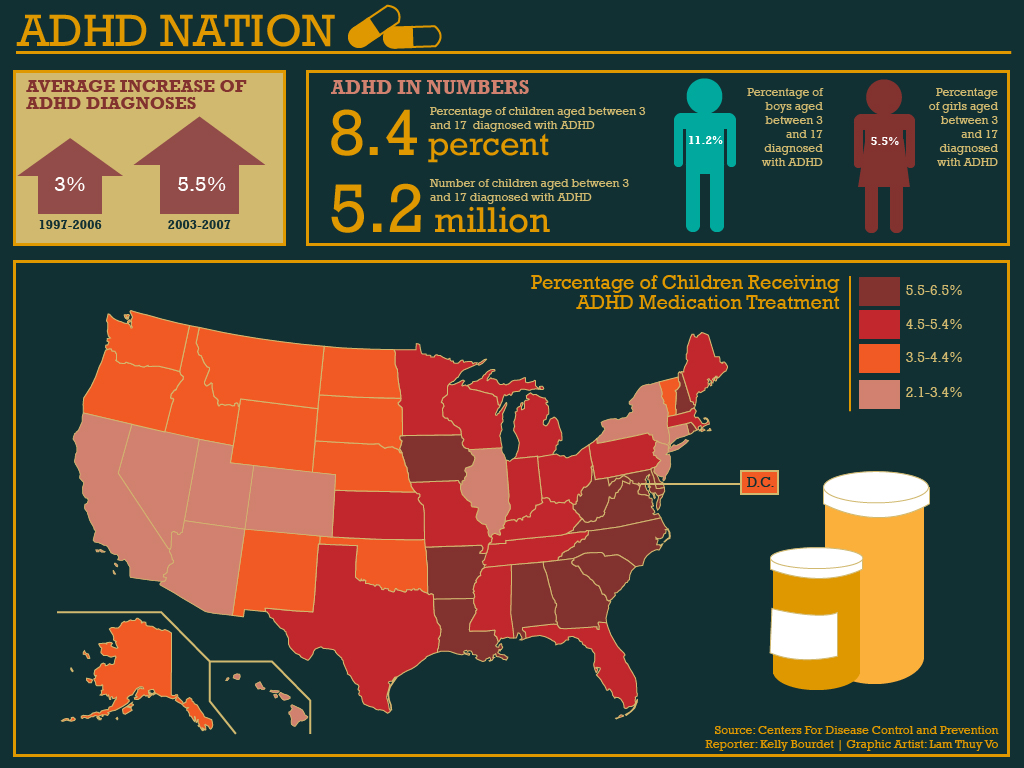In conclusion, while living with ADHD presents unique challenges, implementing effective coping strategies can
empower individuals to harness their strengths and improve their overall well-being. Through structure, mindfulness, physical activity, support, and technology, those with ADHD can navigate life with greater focus and resilience, transforming potential obstacles into opportunities for growth.
Social support plays a vital role in managing ADHD. Sharing experiences and coping strategies with friends, family, or support groups can provide emotional comfort and practical advice. Connecting with others who understand the challenges of ADHD can foster a sense of community and reduce feelings of isolation. For those seeking professional guidance, therapy or counseling can offer tailored strategies and coping mechanisms.
In conclusion, while ADHD presents unique challenges, various coping strategies can empower individuals to lead fulfilling lives. By establishing structured routines, utilizing visual aids, practicing mindfulness, creating conducive environments, seeking social support, and fostering self-compassion, individuals with ADHD can navigate daily tasks more effectively. With the right tools and mindset, success is within reach for those living with ADHD.
Furthermore, utilizing mindfulness apps and resources can help individuals stay committed to their practice. Many apps offer guided meditations, breathing exercises, and reminders to practice mindfulness throughout the day. Setting aside time for mindfulness practice, even if it’s just a few minutes, can significantly impact attention and emotional regulation.
Another essential strategy involves setting realistic and achievable goals. Individuals with ADHD may often feel overwhelmed by larger tasks, leading to procrastination or frustration. By breaking down these tasks into smaller, more manageable segments, individuals can cultivate a sense of accomplishment and motivation. This approach not only fosters productivity but also enhances self-esteem, which can sometimes be negatively impacted by the challenges associated with ADHD.
The journey to diagnosis can be challenging. Parents and educators often misinterpret ADHD symptoms as typical childhood traits. Recognizing ADHD early is vital for effective intervention, say specialists. "Early ADHD diagnosis supports better academic and social outcomes," notes Dr. Emily Carter, a psychologist. Early intervention can include behavioral therapy, educational support, and, in some cases, medication. Such approaches build coping skills and organization, key to thriving with ADHD.
The Growing Evidence for Mindfulness
Researchers have begun to explore the effectiveness of mindfulness interventions specifically tailored for individuals with ADHD. Mindfulness studies show participants report better attention and emotional balance. These findings suggest that integrating mindfulness practices into ADHD treatment plans can enhance overall outcomes.
Attention-Deficit/Hyperactivity Disorder (ADHD) is a neurodevelopmental disorder that affects millions of individuals worldwide, yet it remains widely misunderstood. ADHD symptoms like inattention, impulsivity, and hyperactivity disrupt education, work, and relationships. Raising awareness is essential to combat ADHD habit formation,
https://demo.socialengine.com, stigma and create a supportive community.

Comprehending ADHD is the first step to fostering an inclusive and supportive environment. Breaking stigma and supporting awareness allows individuals with ADHD to succeed alongside their peers. Recognizing ADHD strengths enriches communities and promotes inclusivity.
One effective mindfulness technique is breath awareness. This practice involves focusing on the rhythm of one’s breath, which can help ground individuals in the present moment. For those who struggle with racing thoughts or impulsivity, taking a few minutes each day to engage in deep breathing can create a sense of calm and clarity. Experts recommend finding a quiet space, closing one’s eyes, and inhaling deeply through the nose, holding the breath for a moment, and then exhaling slowly through the mouth. This simple yet powerful practice can serve as an anchor to regain focus when distractions arise.
Lastly, technology can offer innovative solutions for managing ADHD. Numerous apps and tools are designed specifically to aid individuals in staying organized, focused, and accountable. From task management apps to timers that encourage short bursts of productivity, leveraging technology can enhance daily functioning.
Physical activity also plays a crucial role in managing ADHD symptoms. Regular exercise has been shown to boost mood, enhance cognitive function, and improve attention spans. Activities such as jogging, swimming, or team sports can be particularly beneficial, as they provide an outlet for excess energy and promote social interaction. For individuals who find it challenging to engage in traditional forms of exercise, incorporating movement into daily routines—such as walking during phone calls or taking short breaks to stretch—can also make a significant difference.